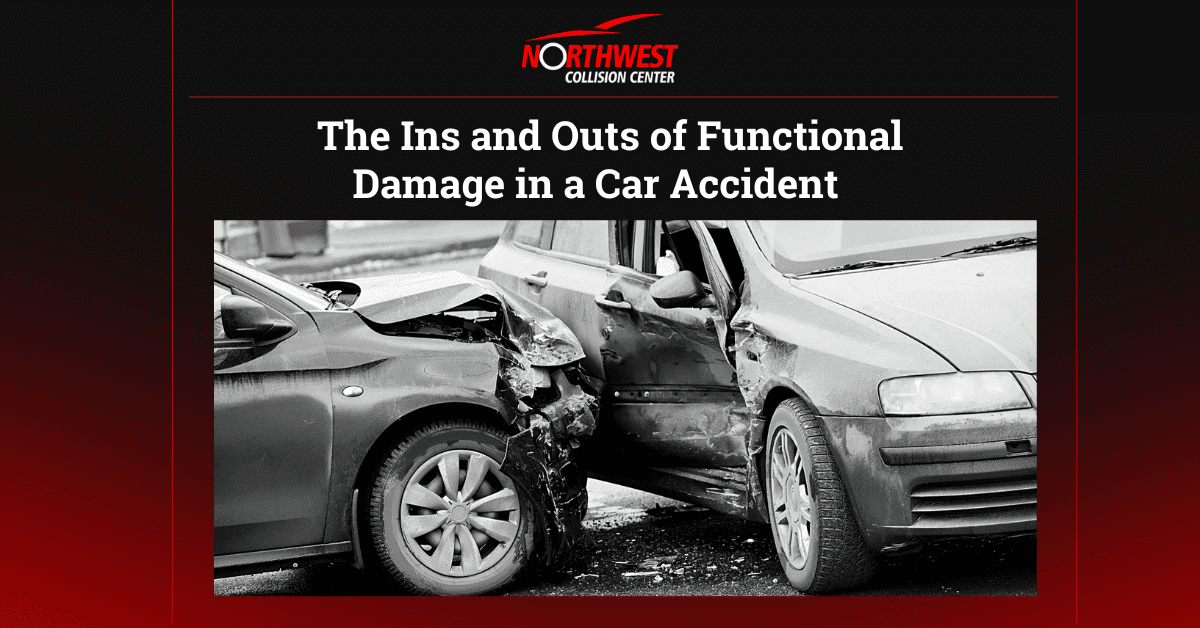What is Whiplash?
Whiplash, as defined by the Mayo Clinic, is a strong and rapid back and forth neck movement that can be likened to a whip cracking. When describing the effects of the injury, doctors often use terminologies like chronic whiplash syndrome, WAD or “whiplash-associated disorders, and CAD or “cervical acceleration-deceleration.” All of these refer to the traumatic impact that whiplash has on the anatomy of the neck and surrounding areas, as well as the inflammatory responses that a person’s body may exhibit immediately following the injury.
Regardless of how it’s described, it should be noted that whiplash can cause damage to the soft tissues, the nerves, muscles, and tendons. Often, this can also include the spine.
Causes of Whiplash
Whiplash is sometimes described as a group of symptoms that appears after a traumatic injury to the neck. The injury itself can be due to the following:
1. Automobile Accidents
Car accidents and neck injuries are often synonymous with chronic whiplash, especially if the mishap involves rear-end collisions. However, side-impact collisions, head-on collisions, and rapid acceleration-deceleration while driving can also lead to whiplash, with the victim involving either the passenger, the driver, or both.
2. Sports Injury
Other than a whiplash car accident, football tackles, and other sports that can involve head collisions may sometimes cause the injury. Even seemingly simple and safe sports activities like cycling and skiing can cause whiplash if a major collision happens among the participants.
3. Physical Attack
People can also suffer from whiplash when they are repeatedly and forcefully shaken or hit. In babies, whiplash is a common symptom among those afflicted with shaken baby syndrome.
Whiplash Symptoms
A look at the following symptoms may indicate that you have whiplash after an accident or injury:
1. You suffer from headaches and have cognitive problems.
Whiplash can often lead to a concussion or what can be described as a bruise on your brain. Even though you may not lose consciousness immediately after suffering from a concussion, the impact of your brain crashing against your skull can lead to serious injuries.
Often, you’ll have trouble remembering things, difficulty keeping your focus, and sometimes exhibiting personality changes. Other whiplash symptoms to watch out for include dizziness, anxiety, panic, and irritability. If these are left untreated, they could lead to seizures that can prove to be fatal.
2. Your head seems stuck.
Whiplash usually comes out as a stiff neck that makes it difficult for you to turn your head sideways. That’s because your muscles, tendons, and ligaments have been unduly stretched or strained. This needs to be treated to keep your neck muscles from becoming weak and unstable.
3.You hear ringing in your ears.
The term for this condition is tinnitus described as a constant ringing in your ears. If you’re suffering from this after a whiplash car accident, it may indicate nerve damage in the ears which could lead to permanent hearing loss.
4. You feel a tingling sensation in your body.
A whiplash injury can cause tingling sensations in your fingers and hands. These can sometimes extend to your arms, legs, and even to the cervical spine. Serious consequences of all these are impaired mobility, lower back pain, and paralysis.
5. You have difficulty eating and speaking.
A hyperextended neck and head is common among whiplash victims. This can lead to jaw misalignment apart from further injuring your neck and the soft tissues that surround it. Consequently, you’ll find it difficult to eat and speak.
Long-Term Effects of Whiplash
Whiplash, which can cause injury to the cervical spine’s tissues, nerves and bones, can lead to more serious conditions in the long run if not treated. Even if you don’t feel any pain after an accident, you should consider a whiplash treatment if the following persist:
1. Chronic Pain
If untreated, whiplash can cause chronic pain and soreness long after you have completely recovered from an injury or accident. In particular, the ligaments and neck muscles that were injured or unnecessarily stretched need to be checked by a health professional regularly as it can take time for them to heal properly.
Without regular whiplash treatment, the muscles can be overexerted until they become too sore, eventually leading to stiffness and chronic pain, and causing problems with movements. Chronic pain and discomfort can last from months to years for whiplash victims who do not seek treatment.
2. Vertigo
Vertigo refers to a condition where you feel as if you’re falling or spinning around. Often, it will lead to dizziness or fainting as you will likely lose your sense of balance. Between 25-50% of whiplash cases are said to include vertigo or dizziness as a common symptom.
A further complication of whiplash is cervicogenic dizziness. This is quite common among whiplash victims and often involves a feeling of disequilibrium.
3. Mobility Issues
A whiplash injury can result in mobility problems where you’re unable to perform simple daily tasks with ease. That’s because the injury has Inflamed the neck, upper back, and head muscles such that it has made it difficult for you to move these sensitive parts.
The swelling or inflammation can lead to secondary conditions like headaches and migraines if medical attention is not sought. Shoulder pain that radiates to other parts of the body can also develop eventually.
4. Vertebrae Misalignment
The uppermost portion of the cervical vertebrae is susceptible to misalignment as a result of whiplash. This can limit a person’s movement and alter normal posture.
The joints connecting the skull to the spine are the atlas (C1) and the axis (C2) vertebrae. A misalignment of these two joints can cause disruptions in brain-body communication.
5. Headaches
Headaches, notably the cervicogenic type, are common symptoms of whiplash. It’s a pain that radiates from the neck to the forehead, back, or sides of your head. Additionally, chronic headaches, or those radiating at the base of the skull, can flare up within days to weeks after getting whiplash. If not treated, they can get worse as they can cause pain and soreness which can trigger migraines and other debilitating disorders.
Whiplash injuries are also responsible for persistent headaches that last for several months. If the injury has resulted in a concussion, neurological symptoms such as weakness and difficulty talking, confusion, nausea, tiredness, and dizziness can be noticed.
6. Degenerative Disc Disease
A long-term and severe effect of untreated whiplash is Degenerative Disc Disease, a condition where the discs between the vertebrae suffer serious damage. This causes pain, weakness, numbness. decreased resiliency, and reduced flexibility.
Normally, the discs in the spinal vertebrae act as shock absorbers, helping you to flex and bend your back. However, Degenerative Disc Disease will wear these discs down, making them less effective in protecting you from possible injuries.
Northwest Collision Center can work on your cars to keep you safe from injuries like whiplash.
Many road accident injuries like whiplash can be avoided if you have a well-maintained vehicle. Trust your car repairs to Northwest Collision Center and look forward to better and safer driving where car accidents and neck injuries are effectively avoided.
Our services for auto body repair in Largo, FL, involve the use of advanced technologies to ensure that your vehicle will come out, not only sleek and smooth, but safe and reliable. Call us now to check our full range of repair offerings.










